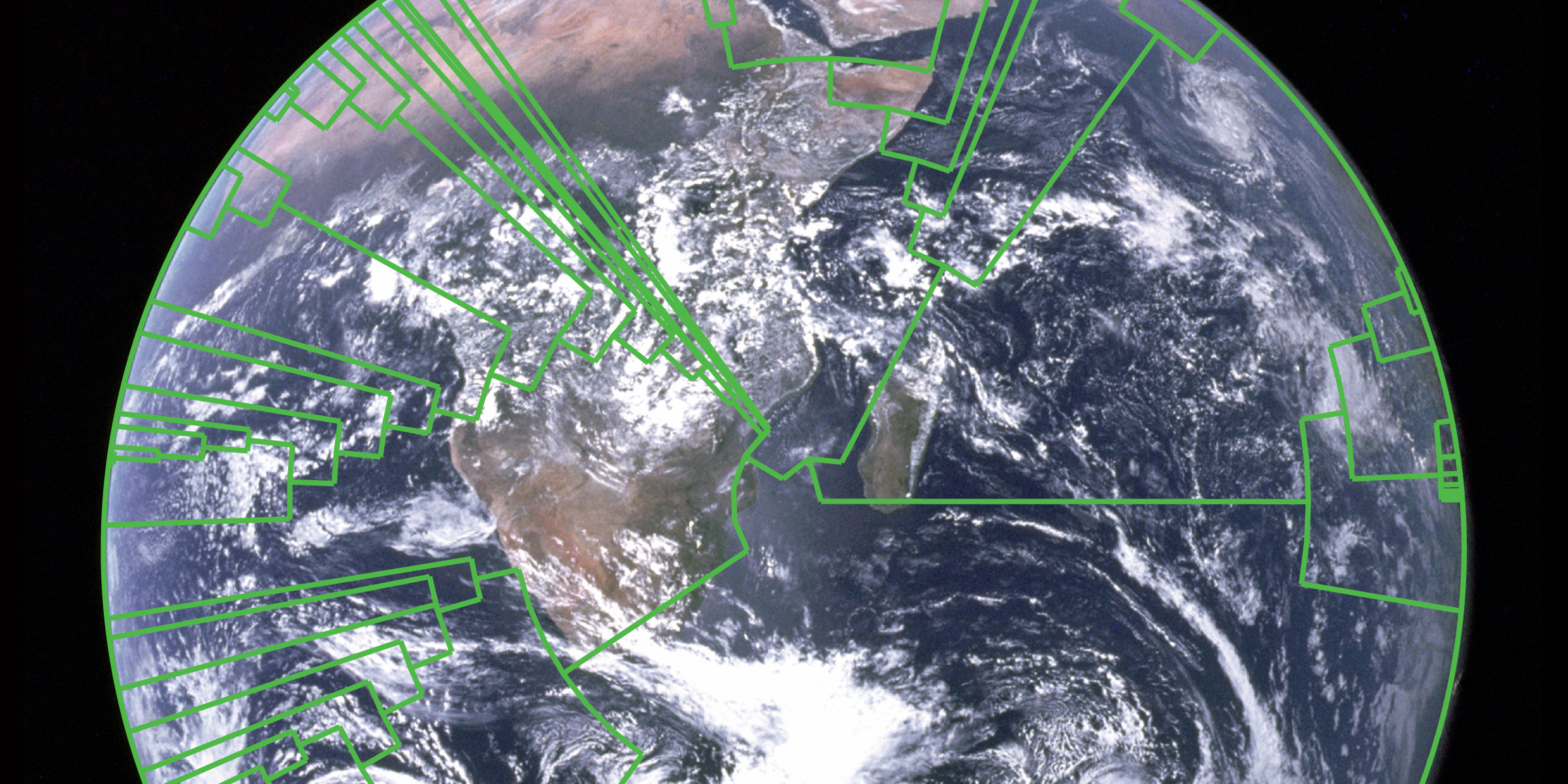Geobiology
The Geobiology group studies the co-evolution of life and Earth using methods inspired by systems biology, phylogenetics, and data science.
The Geobiology group led by Cara Magnabosco is a group of interdisciplinary scientists and students who are interested in understanding of how microbial life responds to environmental change. Since September 2019, the Geobiology group has been studying the co-evolution of life and Earth using methods inspired by systems biology, phylogenetics, and data science at ETH.

Co-evolution of life and Earth
The genomes of contemporary microorganisms are the product of over 3 billion years of evolution driven, in part, by the surrounding environment. As such, important information about Earth’s history may be buried in the genomes of contemporary microorganisms (i.e. the genetic record). Our group works uses methods inspired by systems biology, phylogenetics, and data science to infer past environmental conditions from genomic data and predict how microbial populations will respond to changing environments.
Earth’s microbiomes
Microorganisms have made our planet habitable. Our group is interested in understanding who these microorganisms are and how they survive. We study microorganisms residing in wide variety of environments, paying special attention to the eco-evolutionary dynamics of microbial populations and communities.
Extreme environments and the limits of life
Our group is interested in understanding the conditions in which life succeeds or fails and the metabolic strategies life employs “on the edge”. By studying how life survives and manipulates its surrounding chemistry, we hope to gain new insights about which biosignatures to look for and the instrumental sensitivity needed to detect life on other planetary bodies.
Latest publications
Contact
Professur für Geobiologie
Sonneggstrasse 5
8092
Zürich
Switzerland
